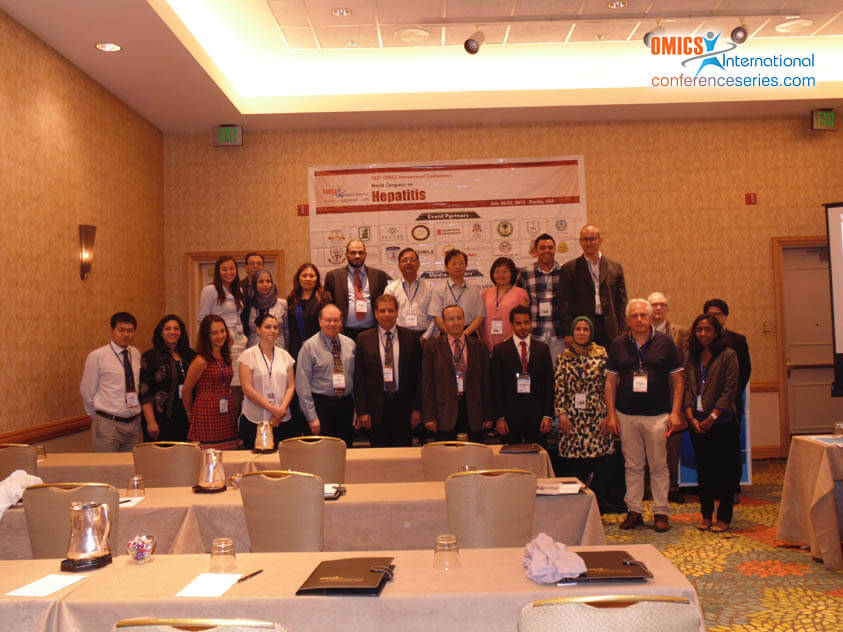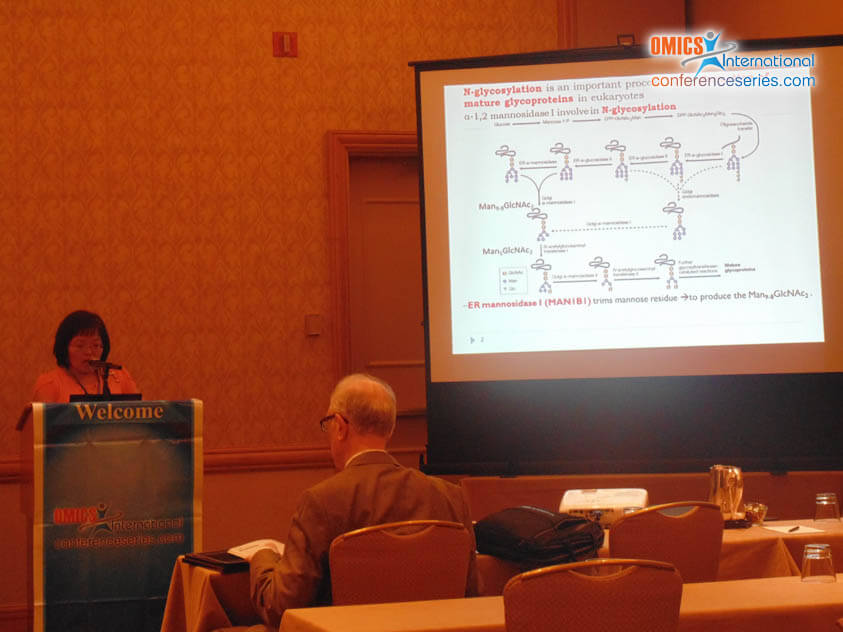
Dr. Chiou-Hwa Yuh
Institute of Molecular and Genomic Medicine, ROC
Title: Establishment of anti-hepatocellular carcinoma drug screening platform in zebrafish
Biography
Biography: Dr. Chiou-Hwa Yuh
Abstract
The formation of hepatocellular carcinoma (HCC) is a chronic progress including hepatitis, steatosis, fibrosis, cirrhosis. Liver cancer is the third most common cancer worldwide and ranked as a leading cause of mortality in Taiwan. Traditional chemotherapy and radiation has poor effectiveness for the treatment of liver cancer patients, for the target therapy, Sorafenib is the only one approved by FDA which can inhibit liver cancer and prolong life. The development of new target therapy is therefore urgently needed. Previously, we have used the HBx-induced HCC mouse model and identified four common regulators (Src, Edn1, Bmp4 and Bmp7) which can be used as molecular targets for HCC treatment. Furthermore, we have established the transgenic fish overexpressing HBx or src in the p53 mutant, and edn1 transgenic zebrafish developed into HCC. Those transgenic fish developed steatosis, hepatitis, fibrosis before cancer formation. The HCC from those transgenic zebrafish is much more similar to human HCC in histopathology or the pattern of gene expression, which allow them more suitable as drug screening platform to identify the drugs to effectively treat human liver cancer. In this report, I will demonstrate the advantage of zebrafish HCC model as well as zebrafish embryos. We have developed a high-throughput drug screening platform to identify novel and safe anti-HCC therapeutic means to save more life. In addition, due to the heterogeneity of HCC, there are no effective clinical tests that can predict the effectiveness of the anti-cancer agents for patients. Using patient-derived xenograft zebrafish model, we are able to identify personalized medicine for the future use in clinical therapy.



